One of our most popular posts outlines the ways in which companion pets help military veterans live more healthy, joyful and purposeful lives. We decided to go one step further by illustrating these points with real-life stories of veterans and their adopted pets.
Transitioning from service to civilian life
Although pets are wonderful additions to any family, they require work and care taking. For veterans returning from deployment and trying to find their way in post-military life the daily routines that dogs and cats require can be therapeutic. Often, they prevent veterans from dwelling on the inevitable uncertainties of their new lives as civilians. 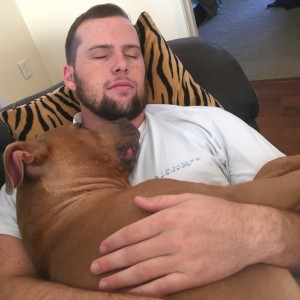
From 2012-2015 Aaron served in the Army. His most memorable time in service was a one-year deployment to Afghanistan, an experience that he believes that “only people who have done it will understand.”
Aaron’s feelings underscore how many veterans feel: that the experiences, camaraderie and memories shared through military service are not easily replicated in civilian life. In fact, more than 25 percent of veterans report difficulty in post-military life, a figure that is higher for post-9/11 veterans as well as those who suffered serious injuries.
The Army veteran had already decided to adopt a dog when he learned about Pets for Patriots. He ended up saving an adult Pitbull whom he renamed Waffles – a dog whose temperament and energy level is not only compatible with Aaron’s, but demands that the young veteran commit to the kind of daily routine he had grown accustomed to in the Army.
Reducing symptoms of PTSD, depression and anxiety
Matthew was not prepared for just how difficult life would be after the military. He received a medical discharge due to Post Traumatic Stress Disorder (PTSD) and depression, and felt that he was on a very dark road in his life. 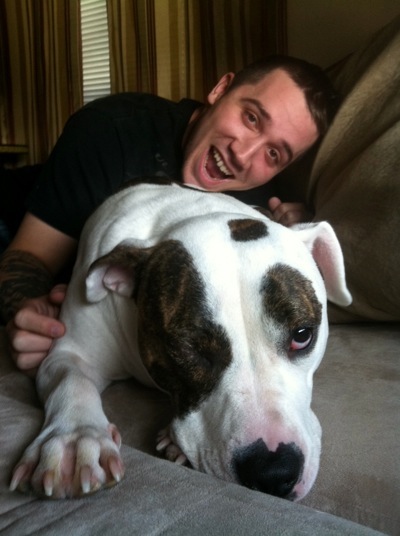
“I started missing sleep, social life and work because of what was going on in my mind,” he shares.
In addition to his emotional troubles Matthew was going through a divorce, and had been prescribed a cocktail of medications “that I couldn’t even spell to save my life.”
One day at the suggestion of a friend Matthew went to a local animal shelter, which partners with Pets for Patriots. There he met a severely abused dog who had been used as bait in a dog fighting ring. He describes the dog, since renamed Eli, as his symbol of hope: despite all she had endured she still had the capacity to love.
Several months after adopting Eli – who lost one eye as a result of the horrific cruelty inflicted upon her – Matthew was able to stop taking nearly all of his medications. He calls Eli his “miracle.”
Filling the voids created by deployment
Our veterans are not the only people who make sacrifices in service to their country; their families do as well. Not only must they endure frequent relocations, long absences and other realities of military life, but they are a service member’s primary and most enduring support system. 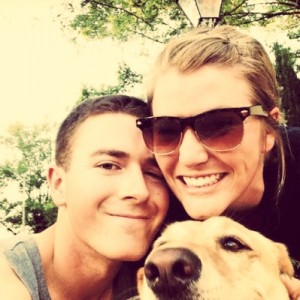
For the family left behind when a parent, guardian, spouse or partner deploys, a pet can be a lifeline.
Kay was an adult dog who, like too many others, was sitting in a shelter with few prospects for adoption. No doubt she watched as countless potential adopters passed her by in favor of a fluffy little puppy.
Robert and his wife Jordan were both from California and knew no one when the military relocated Robert to the East coast. They adopted Kay to “find peace through the love of an animal,” and feel that the big dog has only brought them closer together.
Now when Robert spends weeks or months at sea, Jordan has Kay’s love and companionship to pull her through.
Comfort to the lonely and alone
One does not have to be alone to feel alone, or to feel lonely. Fortunately, the negative impacts of loneliness and feelings of isolation can be reduced through companion pet adoption.
Jonathan has a fulfilling post-military career, and a home life replete with his favorite activities: cooking, watching hockey and reading comics. But when his beloved cat Ziggy died in his arms, the Army veteran was gripped with a crippling grief and profound loneliness. The loss was devastating. 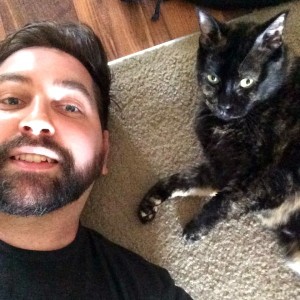
The Army veteran decided to honor Ziggy’s life by adopting a cat in need, specifically an older animal who would have fewer prospects for adoption. There was one particular eight year-old cat whose online profile caught Jonathan’s eye. He knew she was “the one.”
Tessa was no stranger to loss, either. She sat in a Tampa shelter, separated from what may have been the only family she had ever known. Jonathan felt an instant connection with her, and adopted the senior cat through our program.
That very first night Tessa hopped onto Jonathan’s bed and laid next to him, just as Ziggy had done for twelve years. The Army veteran decided then and there that “it was meant to be.” Although he misses Ziggy, Jonathan is no longer lonely. And neither is Tessa.


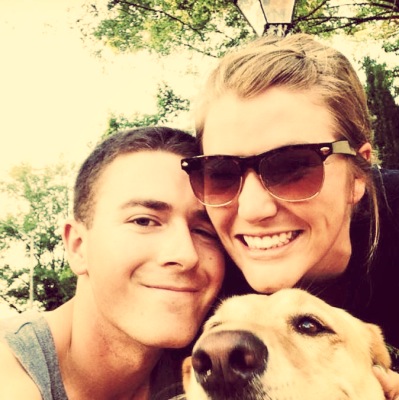


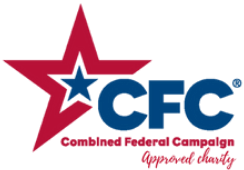





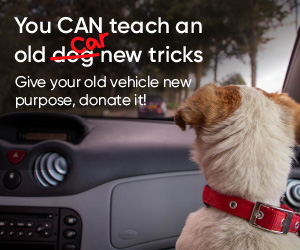
0 Comments